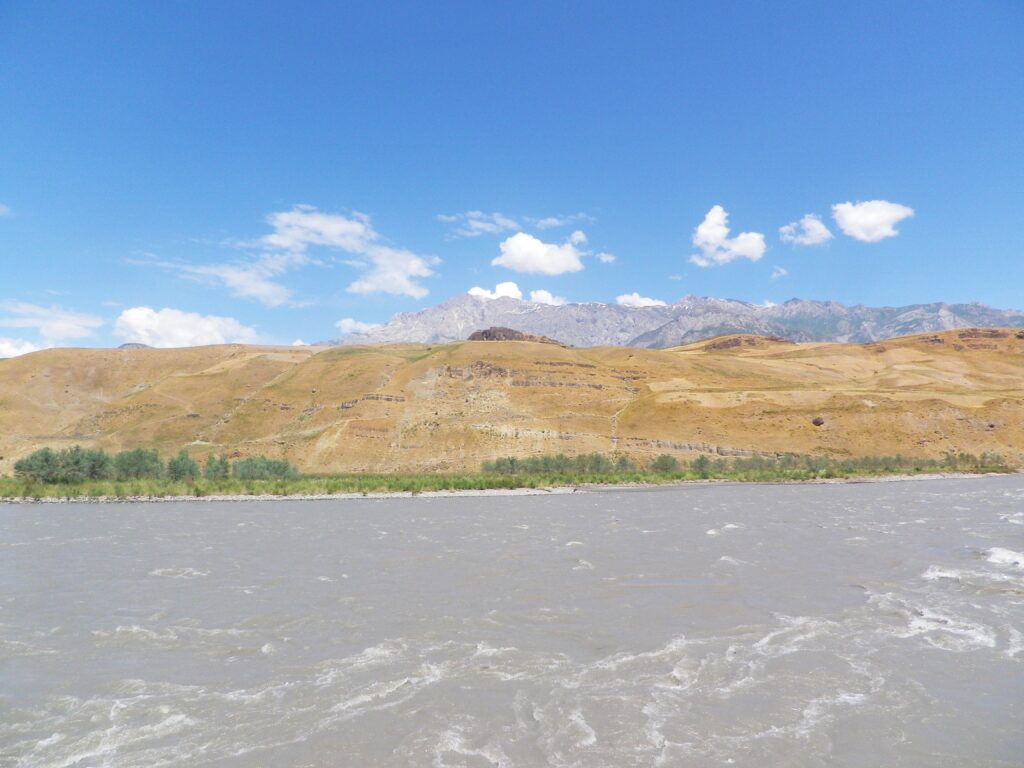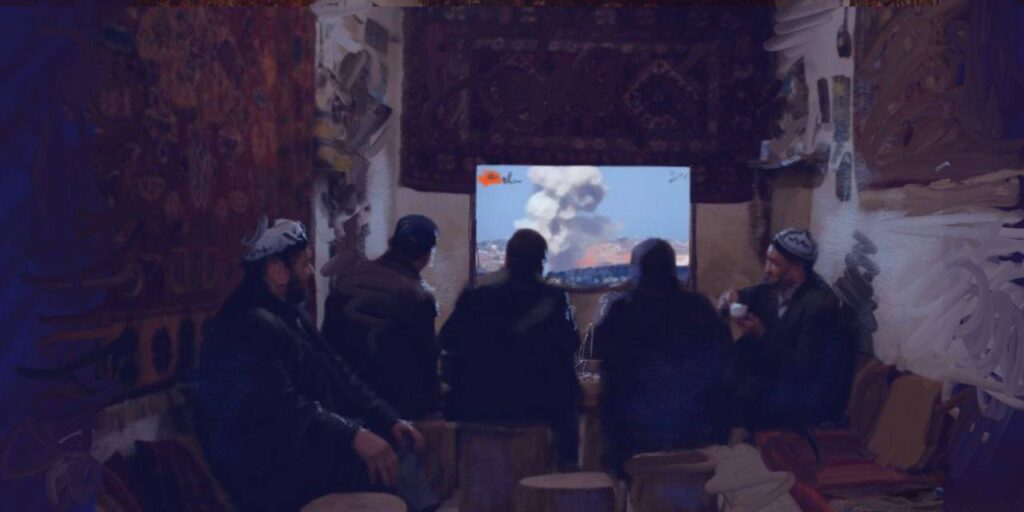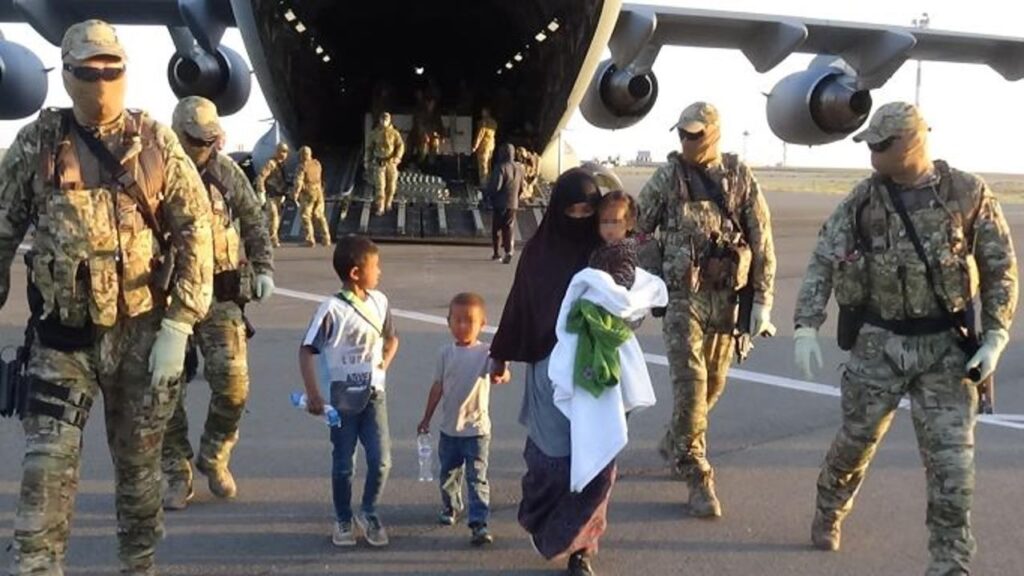Chinese Foreign Ministry Condemns Attack on Tajik-Afghan Border That Killed a Chinese Citizen
The Chinese Foreign Ministry has confirmed the death of one Chinese citizen and the injury of four others following an attack near the Tajik-Afghan border. The incident, which occurred on November 18, targeted a camp operated by a private Chinese company on the Tajik side of the border. “China strongly condemns this brutal attack, expresses deep sorrow for the victims, and extends sincere condolences to the families of the victims,” stated the ministry. A working group from the Chinese Embassy in Dushanbe has arrived at the site to provide assistance and coordinate further actions. Rising Security Concerns Chinese companies, particularly those involved in mining activities such as gold extraction, are active in the region. The Chinese Foreign Ministry has urged the Tajik authorities to expedite investigations to determine the circumstances of the attack. “Given the security situation in the Tajik-Afghan border area, we remind Chinese citizens and enterprises in the region to pay special attention to security,” the ministry warned. The incident took place in the Shamsiddin Shokhin area along the 1,350-kilometer Tajik-Afghan border. Initial reports suggest the attack was carried out by armed individuals crossing from the Afghan side during the night of November 17–18. Motives Remain Unclear As The Times of Central Asia previously reported, the incident occurred in the Shamsiddin Shokhin area on the 1,350-kilometer-long Tajik-Afghan border. The attackers' motives and identities remain unknown. Local sources indicate that the incident may be linked to either militant activity or drug smuggling, but no official confirmation has been provided. In addition to the Chinese casualties, a local resident was also wounded. All injured individuals have been taken to the Shamsiddin Shokhin District Hospital for treatment. The Tajik authorities have yet to issue an official statement regarding the attack.




